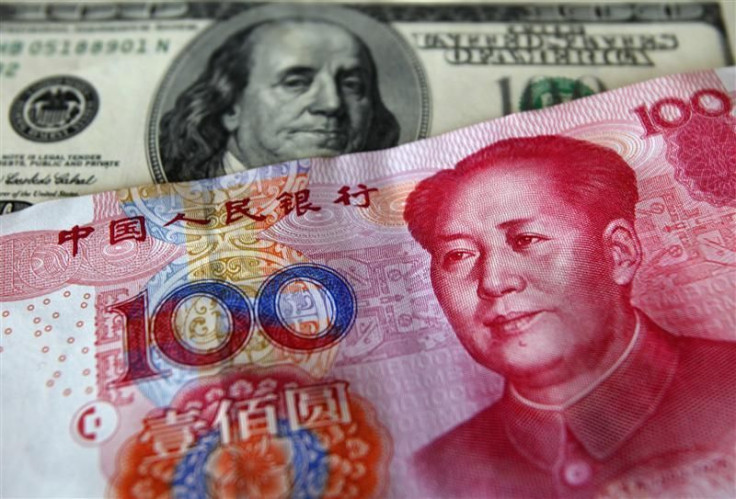China Appears to be Shifting Reserves to Euros from Dollars - Report

China is cutting the share of its reserves denominated in U.S. dollars and may be buying far more European government debt than in the past, according to data compiled by Dow Jones Newswires.
Data from the U.S. Treasury showed the dollar share of China's reserves parked in the U.S. has fallen to a decade-low 54 percent in June 2011, down from 65 percent in the year-ago month. China once allocated a record-high of 74 percent of its cash pile to the U.S. dollars in 2006.
The world's second-largest economy now has by far the world's biggest share of foreign exchange reserves, which jumped from a paltry $1.6 billion in 1978 to today's $3.2 trillion. Given the size of its reserves and the increasingly important role it plays in the global economy, Beijing's allocation of its reserves is a potentially huge factor for foreign-exchange and sovereign-debt markets.
Holdings of U.S. securities rose to $115 billion year-on-year to $1.726 trillion at the end of June. However, that represents a much smaller share of the total, as China's reserves were growing rapidly during the period. The growth in China's purchases of U.S. securities dropped to 15 percent from the 45 percent recorded in 2010, and an average of 63 percent over the last five years, according to data analyzed by Dow Jones Newswires.
It certainly appears that China's finally following through on its policy to diversify its foreign reserve holdings away from the U.S. dollar, Stephen Green, chief China economist at Standard Chartered Bank told the Financial Times.
The trend confirms hints from Beijing and Europe over the past year that China has been ramping up purchases of European debt. In February, speaking at the EU-China summit, Premier Wen Jiabao said, Europe is a main investment destination for China to diversify its foreign-exchange reserves.
Even if Beijing were not concerned about the U.S. fiscal situation and/or the US dollar, the yields on offer in the euro market would likely be attractive enough for it to diversify into Europe at the margin, Green told the Financial Times.
China remains the largest foreign owner of U.S. securities and there is no sign that it is reducing its existing holdings of U.S. dollar assets, according to the U.S. Treasury.
© Copyright IBTimes 2024. All rights reserved.












